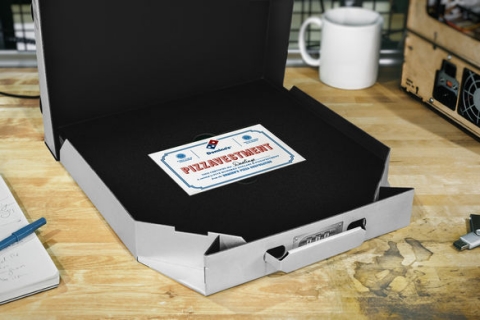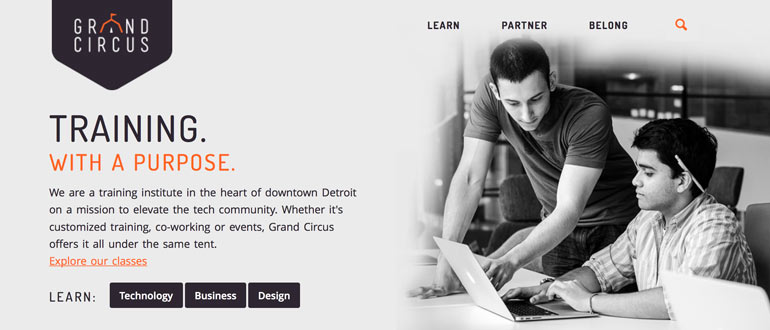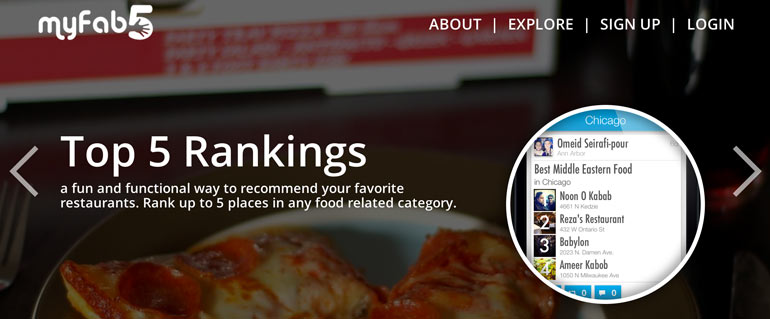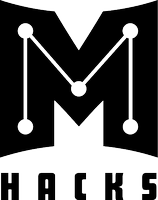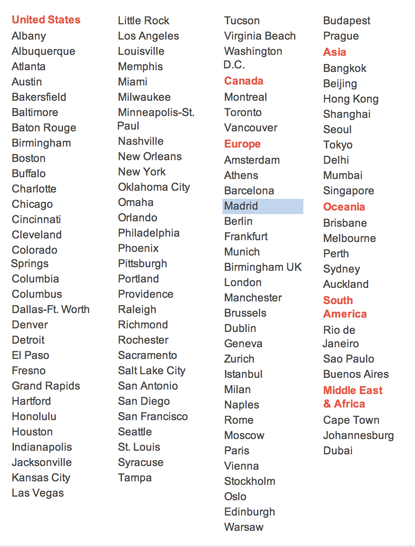 Kevin Krease and Garrett Koehler recently lost the ESPN X Games bid for Detroit, but turned this failure into Michigan’s own and very first SXSW-like event. The event called Assemble will be hosted in Detroit during the Summer of 2014, and will combine tech, music, art and extreme sports.
Kevin Krease and Garrett Koehler recently lost the ESPN X Games bid for Detroit, but turned this failure into Michigan’s own and very first SXSW-like event. The event called Assemble will be hosted in Detroit during the Summer of 2014, and will combine tech, music, art and extreme sports.
The duo who attracted national media attention for the ESPN bid shared with us at last night’s Fifty Founders event how they got started and what they aim to do with Assemble Detroit. It was a great turnout at Bamboo Detroit where the community gathered to network and hear this young startup speak.
When Kevin Krease and Garret Koehler started the X Games bid in Detroit, it was because they wanted to make a positive impact in the city that had always fascinated them. Krease worked in publishing and Kohler had experience teaching art, traveling through Palestine, and eventually working at Groupon in Chicago. Koehler left to join Krease in Detroit this past year.
During the bid, their team raised national awareness, launched a viral video, and created a social media movement around the event. Along the way they setup strategic partnerships. The loss of the bid helped them garner enough support for Assemble Detroit.
Here’s what the duo says they learned along the way:
No Permission Required. This is the internal motto for the Assemble Detroit team. Why? Because they learned that to make something like a large scale event happen you need to take your own initiative. The duo said the resources are always there, and that there are plenty of startup resources in Detroit. You just need the idea to get started and inspire others to believe. For events, they said it’s about the idea and the brand. Then, you hire local talent to help make it happen.
Build relationships and trust. To get excitement for the ESPN bid going the team had to create a video. They had little budget to work with, and partnered with another startup to create their video that eventually went viral. The startup trusted them and covered the costs until the group received funding. What did they learn? It’s about building relationships and trust with others to get an idea off the ground. The video was a huge success in building momentum for the team. They were able to pay the other business back when funding came in.
Always add value. The team used this piece of advice to help maneuver how they would build up momentum for their extreme sports event. Every time they went to make a decision that may have seemed like a leap, they asked themselves if it added value to their goal. If the answer was yes, they found a way to make it happen.
It’s about perception, not risk. The duo said that they did hear some negative feedback on their journey. Others called hosting a large event with extreme sports in the city risky. They pointed out that risk is all about your perception on the place and the people. Risk to extreme sports is falling down during a dangerous jump. Risk in Detroit isn’t that risky as others might see it. The duo said:
“Detroit isn’t a liability. Its grit and resources are a bonus. Risky is believing that Detroit won’t turn around. It’s thinking you can move and make it in New York City.”
Failure can be fun. When the bid was lost, they realized how fun it could be to build their own large scale event that included sports. The idea for Assemble was to create a similar event to SXSW, but one that included extreme sports too. They’re aiming to bring 100,000 people to Detroit for the event next summer.
Remember the community. Both Krease and Koehler remarked that Detroit has a a strong sense of place. The name “Assemble” reminds us of coming together as an assembly line, to work, and to innovate in the city. It also brings together a larger community into the current narrative of a city that’s often described as rebuilding. They are aware of the sense of community, bringing up the X Games bid through grassroots marketing strategies. They expressed the importance for including the community, but also doing great work that isn’t tied to only Detroit.
Next Fifty Founders Event: The next Fifty Founder’s event which will feature Ryan Blair in September. Fifty Founder’s is a fireside chat series hosted in Detroit, bringing successful entrepreneurs in Michigan and around the country to Detroit. The series goes in-depth to share details about startup lessons learned. Sign up now here: https://ryanblair.eventbrite.com/
This event was sponsored by Start Garden and TechTown Detroit. Learn more about Fifty Founders and stay tuned for the next event.
From our content partner michipreneur.com! Written by: Amanda Lewan. Blogger. Marketer. Cupcake baker. I like helping startups with marketing. I also blog on digital storytelling Amandalewan.com. Follow Amanda at @Amanda_Jenn


